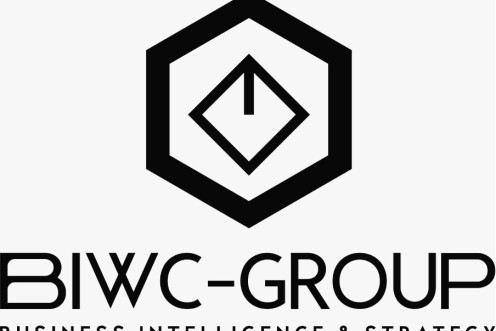The suspension by Disney-owned ABC of talk show host Jimmy Kimmel is the latest surrender by a US media giant to pressure from the Trump administration, putting the bottom line over free speech.
Inflation in Japan slowed to 2.7 percent in August due partly to government energy subsidies, official data showed Friday, with the cost of rice easing following a huge price spike.
The United Nations Security Council will vote Friday on reimposing deep economic sanctions on Iran over its resurgent
nuclear program.
Shares in chipmaker Intel skyrocketed on Thursday after AI giant Nvidia announced it would invest $5 billion in its struggling rival.
Montreal-based artist Audrey-Eve Goulet was initially uncertain as she watched an AI-powered robotic arm reproduce one of her works, but said the outcome was "really impressive."
The IMF has proposed appointing the US Treasury Department's chief of staff as its new number-two official, the Washington-based lender said Thursday.
Over the past year, AI has moved from buzzword to business necessity. Wong sees his role as not just implementing tools but guiding companies through what's possible and what to avoid.
A previously unknown portrait by Pablo Picasso of one of his lovers was revealed on Thursday after being put up for sale at auction in Paris with a reserve price of eight million euros ($9.5 million).
South Korean prosecutors requested an arrest warrant on Thursday for the leader of the Unification Church, Han Hak-ja, on allegations of bribery linked to a former first lady and incitement to destroy evidence.
Prime Minister Keir Starmer Thursday welcomed Donald Trump to his country home of Chequers for talks on difficult issues including trade, Ukraine and Gaza after the US president hailed his second state visit to the UK as the "highest honour".
Cambodia's leader Hun Manet has accused Thailand of preventing more than 20 families from returning to their homes on the disputed border, according to his letter to the head of the UN released on Thursday.
Championship leader Oscar Piastri and Lando Norris resume their world title battle in Azerbaijan this weekend, but could also secure McLaren the constructors' crown.
Two men who escaped one of the world's most secretive and repressive states have told AFP how they were tortured, beaten and raped in Turkmenistan for the "crime" of being gay.
Equities wavered in Asia on Thursday after the Federal Reserve lowered interest rates but left investors wondering how many more cuts were in the pipeline despite boss Jerome Powell warning about the struggling jobs market.
The UN investigator who this week accused Israel of committing genocide in Gaza said she sees parallels with the butchery in Rwanda, and that she hopes one day Israeli leaders will be put behind bars.
Natalia fled Russia fearing imminent arrest for her family's opposition activism and sought political asylum in the United States.
After the royal hospitality and pageantry, US President Donald Trump's unprecedented second state visit to the UK takes a serious turn on Thursday when he is hosted by Prime Minister Keir Starmer for wide-ranging talks.
Meta showed off new smart glasses on Wednesday as it continued to bank on a lifestyle shift toward blending reality and virtual space despite the efforts inflicting heavy financial losses.







































